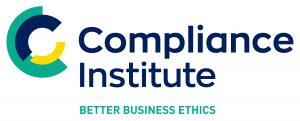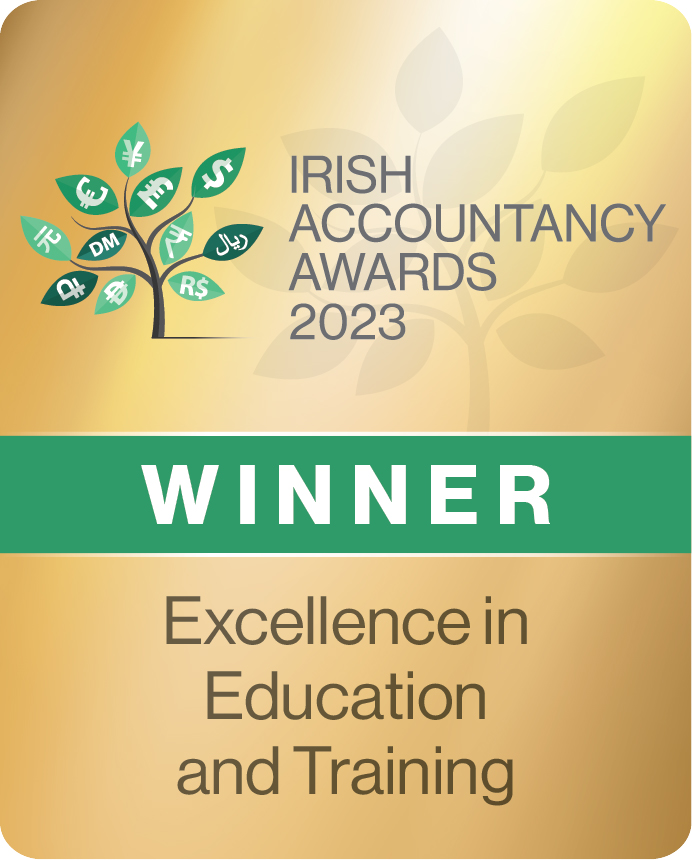Description
This course examines the AML Compliance Cycle from initial risk assessment on prospective new clients through to the enforcement of AML sanctions. Initially, the course identifies the core requirements and contemporary (technologically enhanced) best practices in the risk assessment, client onboarding, and life cycle management of client accounts from the perspective of both the financial institutions and professional service providers (for example: accountants and auditors) providers. The course then addresses the challenges – for example: the quality of data and utilisation of predictive analysis – in providing the competent authorities and the relevant FIU’s with actionable STR information. Finally, the course examines specific examples – for example: information sharing and analytical resources – of how technology can enhance the effectiveness of the AML compliance cycle
ASSESSMENT
40%: Blend of competency based MCQs & scenario analysis
60%: Final Examination
OUTCOMES
On the successful completion of this course learners will be able to:
1. Evaluate the critical inter-related stages of the AML Compliance Cycle from the perspective of the key stakeholders in the Irish AML Framework.
2. Assess the AML/CTF regulatory requirements, Central Bank guidance, and contemporary best practice for the risk assessment of new counterparties and customers.
3. Demonstrate contemporary best practices in the onboarding, and lifecycle management, of new counterparties/clients in an evolving regulatory and technological (Fintech) environment.
4. Analyse the effectiveness of transaction monitoring processes, the quality of STR information, and the potential of technologically enabled solutions in the AML Compliance Framework.
5. Identify the challenges – regulatory, information sharing, and optimising resources – in investigating STRs and enforcing AML sanctions.
6. Contextualise the importance of stakeholder co-operation and analyse the potential for technologically enhanced solutions to enhance the effectiveness of AML prevention & enforcement.





